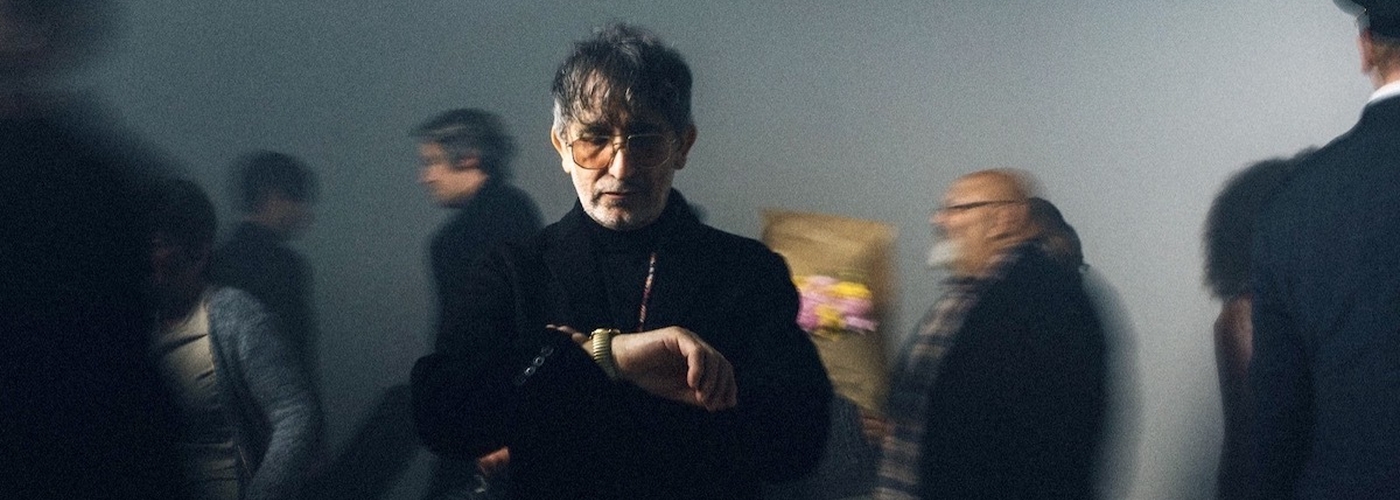Carol Emmas interviews the Lightning Seeds frontman ahead of the UK tour
After three decades gigging with the Lightning Seeds, frontman Ian Broudie says he’s only recently reached a place where he’s comfortable with himself and his work. He was always a reluctant frontman.
“As a kid, I used to play the guitar and whenever they'd ask what I was going to do at school, I’d say, ‘I’m going to be in a band’. It seems a bit crazy for someone who never had a great deal of self-belief or self-confidence. I always knew what I was going to do - I just never imagined myself fronting it.”
Ian McCulloch...we had to lead him to the bus stop and put him on the bus he was so blind, but he still wouldn’t wear glasses.
Formed in Liverpool in 1989, The Lightning Seeds rose to fame with their debut single Pure and follow-up hits The Life of Riley (1992), Lucky You (1992), Marvellous (1996) to name but a few. On the back of the recent Jollification 25th anniversary tour to the release of new album, See You in The Stars, the Lightning Seeds are as ever-present now as they were in the 1990s.
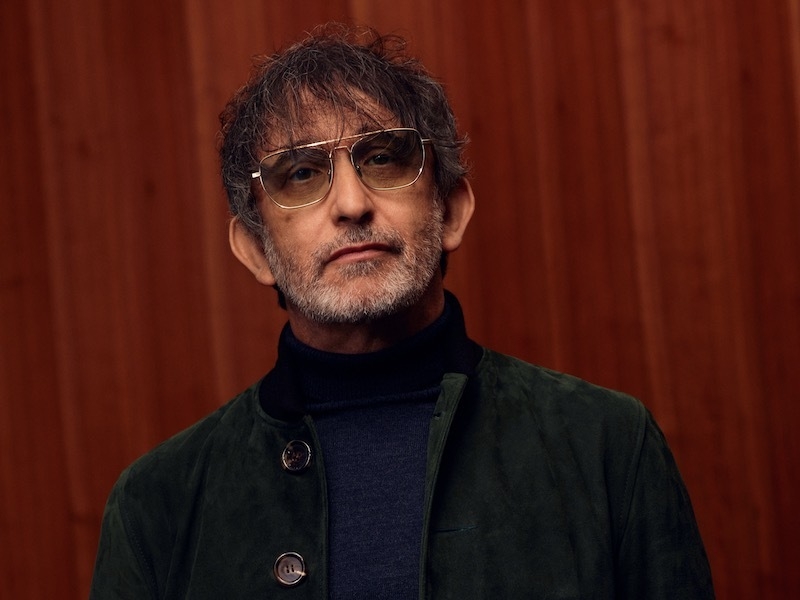
Broudie is doing what he does best with the new album and that’s upbeat, feel-good shimmering pop that belies occasionally darker lyrics - have you ever listened closely? Chatting ahead of the band’s forthcoming UK tour, he admits to still being nervous when writing and recording new songs.
“Usually, I’ll be trying to cover over the songs with a vacuum cleaner or strings or make the lyrics a bit vague. With this new album, I thought I’m going to try to be more direct. In being more direct it’s ended up being more personal. But two or three months ago, I was incredibly anxious about it and would have stopped if I could. I’m happy with it now.”
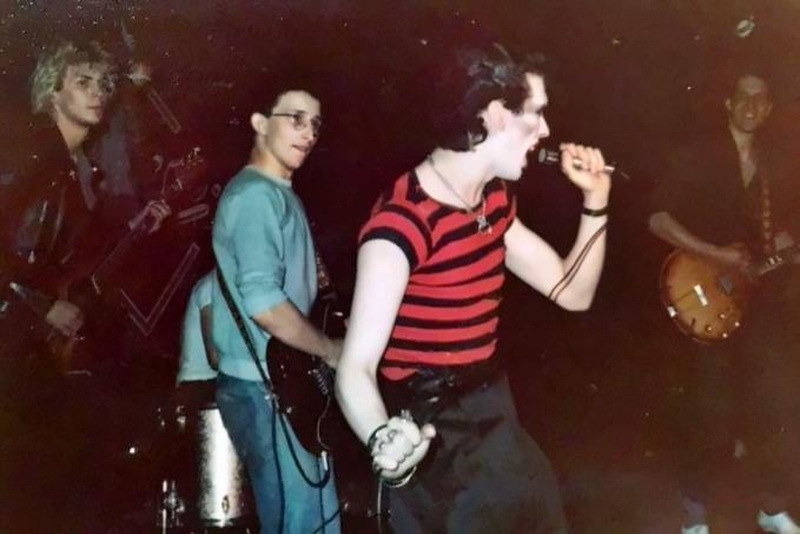
Born in 1958, Broudie (now 64) was at the forefront of the Liverpool punk and post-punk bands. In just one of his incarnations, he played guitar in the cult band, Big in Japan with Holly Johnson, Bill Drummond, Jayne Casey and Budgie.
“I thought we were a load of rubbish really. But it made me realise that if you can come up with a good idea, even if you’re crappy at it, it’s still a good idea. I’ve gained loads of strength from that - in fact, I’ve built my life around it.”
He has also produced bands such as Echo and the Bunnymen, The Fall, The Coral and The Zutons. I ask whether from this perspective in his career whether it feels as though he’s come to a place where he can look at his past objectively and positively.
“Yes, you can never be starting over or be new again. So everything becomes in relation to what you've done. I've also always had this thing about the bands I have produced and then the Lightning Seeds which in my mind were always two separate things. It’s only recently I’ve begun to think, actually it’s all me, you know.”
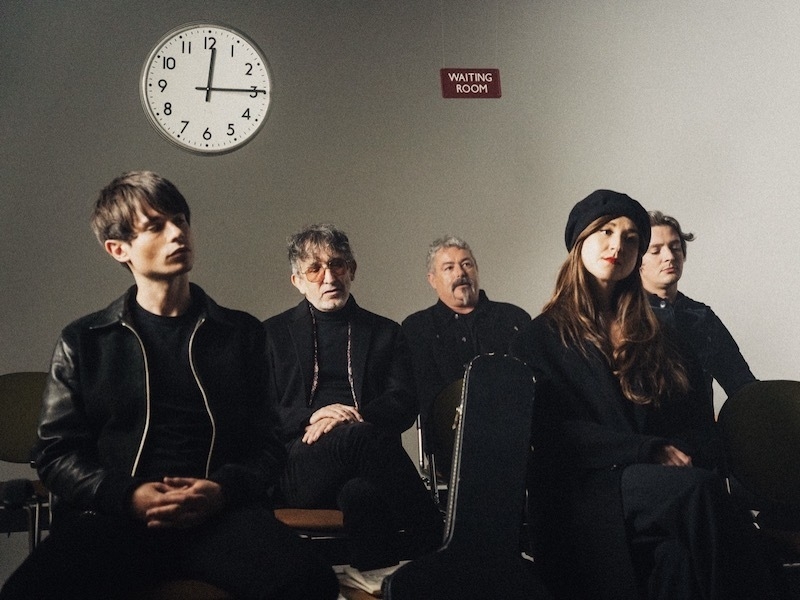
He admits to even feeling comfortable with his most famous song Three Lions (a collaboration with David Baddiel and Frank Skinner for the 1996 UEFA European Championship).
“Bands always hate their most successful song and so many bands I know say, I’m not playing that again,” he says.
“At last, the Lightning Seeds and me have sort of fused. I think it’s taken me a long time to come into my own.”
He laughs: “I’m also much nicer than I used to be. When I look back it’s almost like I was unable to communicate with the world. Maybe it’s an age thing now - that I don’t care. It’s good to find things much easier than I used to - it really helps. I think that also comes out through the music because you're less worried about it in a way.”
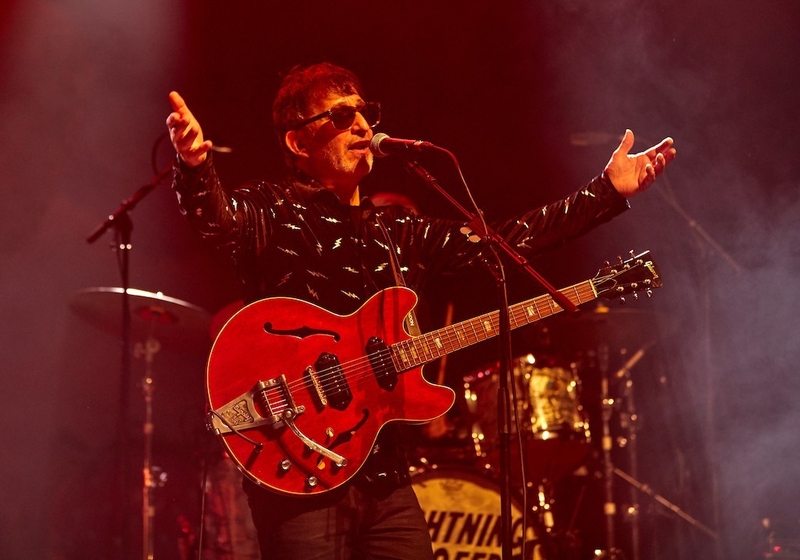
I ask what he thinks of his young Lightning Seeds self in the 1990s and how he reconciles to the nerdy, sensitive-looking performer that shot to fame.
“As a person, I’ve always felt a little bit outside of what’s going on,” he admits. “But the nerd thing was really weird. When I had my first album out in America everyone categorised me as a nerd after seeing just two pictures. I was like why would that be? But it was just the glasses.
He adds, “The thing was when I used to go to Erics, pretty much everyone I knew couldn’t see. Like Ian McCulloch, we had to lead him to the bus stop and put him on the bus he was so blind, but he still wouldn’t wear glasses.”
The Liverpool of the 1980s and Eric’s era still resonates with Ian; he works closely with Terry Hall and James Skelly (both have collaborated with songs on the new album).
“I tend to work with the same people and like the familiarity," Ian says. "It's funny because everything in the world at the moment is pushing you towards trying out new things and I’m the opposite. Maybe it’s a getting old thing.”
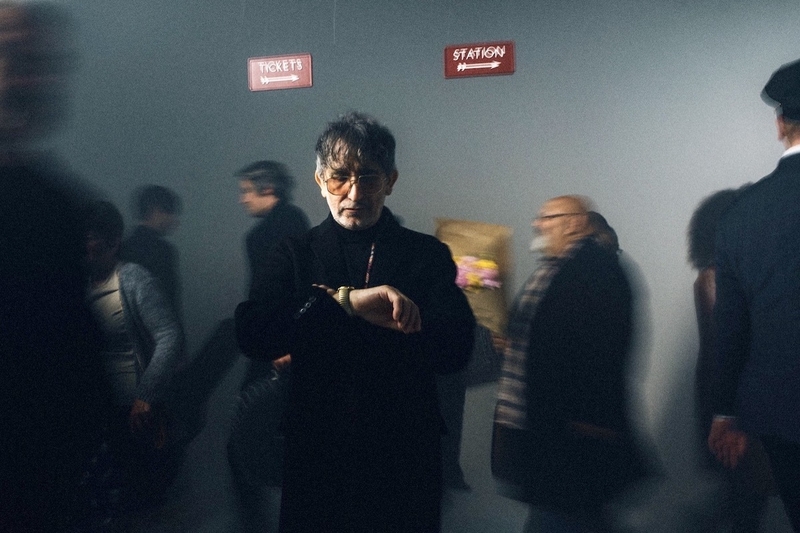
Living in London, he still likes to write his music in Liverpool and can certainly put a poetic spin on the city.
“For me, there's a certain romance to Liverpool. You can never really leave - even if you want to and I always want to be here when I do music as I feel that it sounds better. To me, Liverpool has always felt separate from the rest of the country and the music scene has always been unique and special - I always felt like we were and are closer to New York.
“Liverpool still has its soul and spirit and is constantly rebellious in a way, isn't it?” he says, and we debate the personality of the city for a bit.
“Yeh,” he laughs, eventually answering his question himself. ”We still won’t be told.”
'See You in the Stars' is out now. The Lightning Seeds UK tour is calling at Cambridge, Oxford, Frome, Southampton, London, Leeds, Glasgow, Birmingham, Newcastle, Liverpool, Brighton, Cardiff, Manchester and Sheffield. Tickets are available from The Lightning Seeds.
Read next: Turner Prize 2022 review: a mind bending post-COVID splash
Read again: ‘Enough is Enough’ Primal Scream and Dexys stars back this weekend's rail strike
Get the latest news to your inbox
Get the latest food & drink news and exclusive offers by email by signing up to our mailing list. This is one of the ways that Confidentials remains free to our readers and by signing up you help support our high quality, impartial and knowledgable writers. Thank you!






